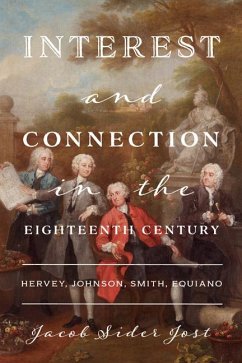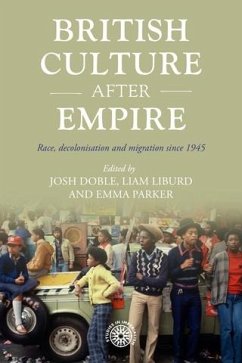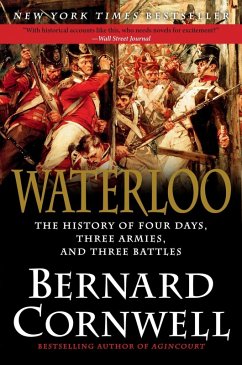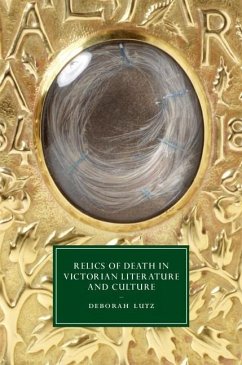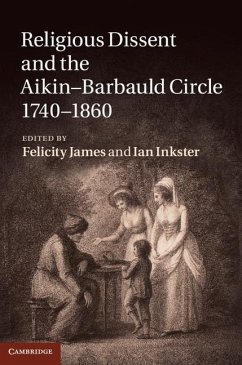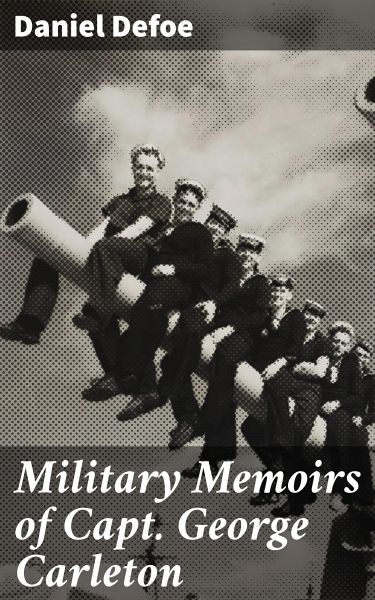
Military Memoirs of Capt. George Carleton (eBook, ePUB)
Enriched edition. A Captivating Tale of 17th Century Military Life and Leadership
Kommentar: Parsons, Zoe / Redaktion: Good Press
Versandkostenfrei!
Sofort per Download lieferbar
0,49 €
inkl. MwSt.
Weitere Ausgaben:

PAYBACK Punkte
0 °P sammeln!
In "Military Memoirs of Capt. George Carleton," Daniel Defoe intricately weaves a narrative that blurs the lines between fact and fiction, rendering a vivid account of the life and experiences of Captain George Carleton, a soldier who served in the English military during the late 17th century. Defoe's prose is characterized by its meticulous attention to detail and a dry wit that enriches the storytelling, providing readers with not only a personal memoir but also a reflection on the turbulent socio-political landscape of the time. This work stands as a critical example of early historical fi...
In "Military Memoirs of Capt. George Carleton," Daniel Defoe intricately weaves a narrative that blurs the lines between fact and fiction, rendering a vivid account of the life and experiences of Captain George Carleton, a soldier who served in the English military during the late 17th century. Defoe's prose is characterized by its meticulous attention to detail and a dry wit that enriches the storytelling, providing readers with not only a personal memoir but also a reflection on the turbulent socio-political landscape of the time. This work stands as a critical example of early historical fiction, illuminating the complex nature of military life and the individual's role within it, while also contributing to the genre of the memoir that was gaining popularity in the early 18th century. Daniel Defoe, a polymath known for his keen observations and prolific writing, brought a wealth of personal experience to this work, having faced financial hardship and political challenges throughout his life. His expertise as a journalist and novelist informed his portrayal of Carleton, lending authenticity to the narrative while simultaneously revealing Defoe's own nuanced views on war, heroism, and the human condition. His engagement with contemporary issues, including colonialism and the ethics of warfare, positions him as a pivotal figure in early modern literature. "Military Memoirs of Capt. George Carleton" is a must-read for those intrigued by the intersection of history and literature. Defoe's engaging narrative invites readers to reflect on the broader implications of power and identity during a time of conflict, making it a vital addition to the understanding of military and colonial history in literature. Whether you are a student of history, a literary enthusiast, or simply seeking a compelling tale, Defoe's work offers profound insights and captivating storytelling. In this enriched edition, we have carefully created added value for your reading experience: - A succinct Introduction situates the work's timeless appeal and themes. - The Synopsis outlines the central plot, highlighting key developments without spoiling critical twists. - A detailed Historical Context immerses you in the era's events and influences that shaped the writing. - An Author Biography reveals milestones in the author's life, illuminating the personal insights behind the text. - A thorough Analysis dissects symbols, motifs, and character arcs to unearth underlying meanings. - Reflection questions prompt you to engage personally with the work's messages, connecting them to modern life. - Hand-picked Memorable Quotes shine a spotlight on moments of literary brilliance. - Interactive footnotes clarify unusual references, historical allusions, and archaic phrases for an effortless, more informed read.
Dieser Download kann aus rechtlichen Gründen nur mit Rechnungsadresse in A, B, BG, CY, CZ, D, DK, EW, E, FIN, F, GR, H, IRL, I, LT, L, LR, M, NL, PL, P, R, S, SLO, SK ausgeliefert werden.






